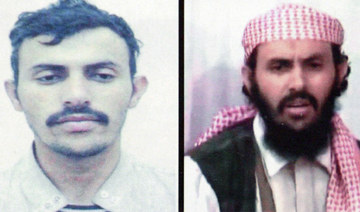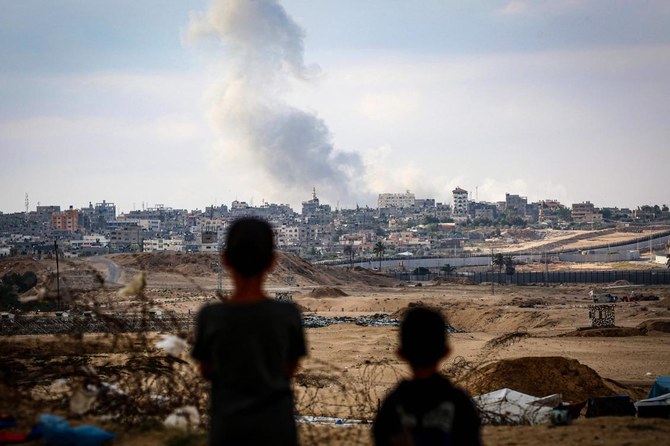AL-MUKALLA: The commander of the Saudi-led coalition forces in Yemen has asked military and security bodies to help the coalition accelerate the implementation of security and military arrangements under the Riyadh Agreement, pledging to send military support to battlefields in southern Yemen.
At a meeting with commanders of military and security units in southern provinces on Saturday, Brig. Gen. Mujahid Al-Otaibi demanded that officers from the internationally recognized government and the separatist Southern Transitional Council (STC) comply with a Saudi-led military committee that was tasked to put into place security and military provisions of the agreement, local media said.
The Saudi commander also said that the coalition would urgently dispatch military assistance to battlefields in Abyan’s Thora, Dhale and other provinces.
The Riyadh Agreement signed in Riyadh last year was meant to end hostilities between the government and the STC. Under the deal, both sides would pull out of areas that they had controlled during fighting, hand over
heavy weapons to the Saudi-led military committee and form a shared government.
The committee has moved most heavy weapons outside Aden and is working with both sides on allowing government’s presidential forces to return to Aden and deploy military brigades on the battlefields.
In the north, local pro-government media outlets said that at least 100 Houthi militants, including 32 officers, have been killed in fierce fighting with government forces in the mountainous Nehim district, near Houthi-held Sanaa, over the past couple of weeks.
BACKGROUND
The Riyadh Agreement signed in Riyadh last year was meant to end hostilities between the government and the STC. Under the deal, both sides would pull out of areas that they had controlled during fighting, hand over heavy weapons to the Saudi-led military committee and form a shared government.
A news agency run by the National Resistance Forces led by Brig. Gen. Tareq Mohammed Saleh reported that seven Houthi colonels and dozens with lower rankings have been killed in Nehimas, making territorial gains in the district. Funeral processions have become a daily occurrence in Houthi-controlled areas as rebels have dug new graves to bury the increasing number of dead.
Moving ahead
Yemeni Minister of Defense Mohammed Al-Maqdashi said that his government was proud of the military sacrifices by army troops on battlefields, adding that the Yemeni forces would press ahead with military operations till it ended the Houthi coup and liberated Sanaa and other areas.
Al-Maqdashi, who on Saturday inspected recently liberated mountainous locations in Marib’s Serwah, thanked local tribes who stood by the Yemeni army in their battles against the Houthis.
Military commanders said the aims of the current military operations in Nehim were to recapture areas controlled by Houthis over recent years, end a months-long military stalemate and pave the way for forces to capture Sanaa.
In the southern city of Taiz, at least 10 Houthi militants were killed on Saturday in clashes with government forces on the eastern and western edges of the city. The fighting came as army troops shot down a Houthi drone east of Taiz city.
The Houthi seizure of power in late 2014 triggered a civil war that has created the world’s worst humanitarian crises.




























